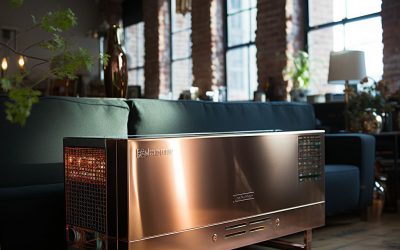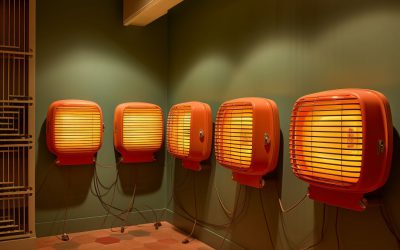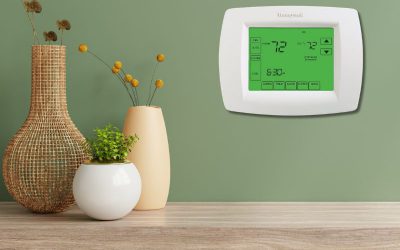Choosing the right size heat pump is essential for maintaining an optimal temperature in a 2000 sq ft home. A unit that is too small won’t work efficiently, while an oversized one will waste energy and money. There are several factors to consider, such as the climate, insulation, and orientation of the house, as well as the number of occupants and their habits. A professional installer can help determine the appropriate size and model of heat pump for your specific needs.

Isaac Foster
Do You Need Backup Heat With Geothermal?
Geothermal heating and cooling systems are an energy-efficient and sustainable option for many homeowners. However, some may wonder if backup heat is necessary. While geothermal systems usually don’t require backup heat, it’s important to have a plan in place in case of extreme weather or system malfunctions. Consult with a professional to determine if backup heat is right for your specific situation.
How Long Do Wall Heaters Last?
Wall heaters can last anywhere from 8-15 years, depending on the quality of the unit and how well it is maintained. Factors like cleanliness and frequency of use can also impact its lifespan. It’s important to regularly inspect and clean your wall heater to ensure optimal performance and prolong its lifespan.
Can a Fuse Cause Heater Not To Work?
A blown fuse can definitely cause your heater to stop working. A fuse functions as a safety measure for the electrical system. If the fuse “blows”, it means that there is an issue in the system that causes too much electricity to flow, which can damage the device. Replacing a blown fuse can restore the heater’s function.
How To Find AC Leak In Car?
Air conditioning leaks can be frustrating, but fixing them is important for comfortable travel. Finding the source of the leak can be tricky, but not impossible. This article will provide tips and tricks for locating and repairing leaks quickly and efficiently.
How Does a Honeywell Thermostat Work?
Honeywell thermostats work by regulating the temperature in your home. They have a sensor that detects the temperature and communicates with the HVAC system to adjust the temperature as needed. Honeywell thermostats can be programmed to provide automated temperature control, allowing you to save money on your energy bill.






